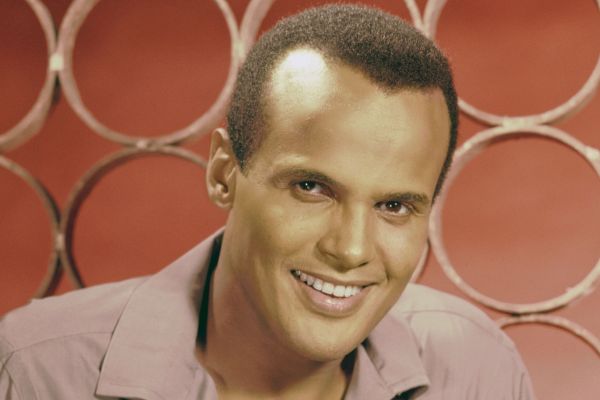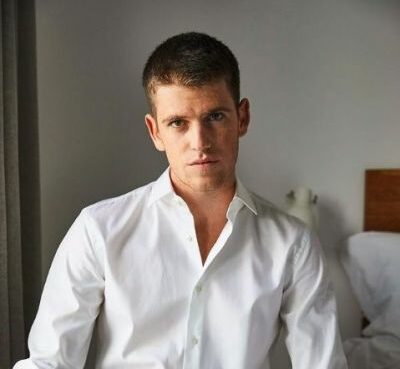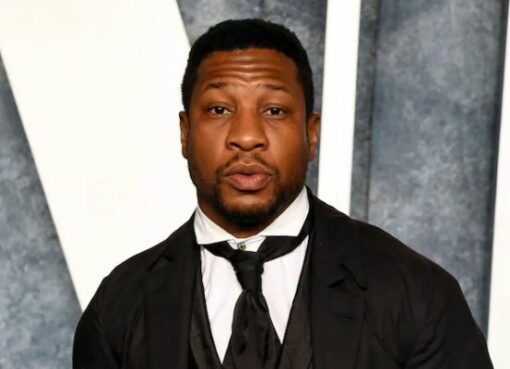Harry Belafonte, who broke down racial barriers as a vocalist, actor, and civil rights activist, has died at the age of 96. In addition to performing worldwide hits such as “Day-O (The Banana Boat Song),” gaining a Tony Award for acting, and starring in a large number of films, Belafonte devoted his life to a variety of causes.
He financed numerous civil rights initiatives in the 1960s, fought against poverty, apartheid, and AIDS in Africa, and backed left-leaning political figures such as Cuba’s Fidel Castro and Venezuela’s Hugo Chavez.
According to his spokesman, congestive heart failure was the cause of mortality. Joe Biden, Ice Cube, and Mia Farrow, among others, paid tribute to Harry Belafonte.
Belafonte, according to the US president, was a “revolutionary American who used his talent and voice to help redeem the soul of our nation.”
Biden tweeted,
“Harry Belafonte’s achievements are legendary, and his legacy of outspoken advocacy, compassion, and respect for human dignity will endure forever.”
Christiane Amanpour, an American newscaster, tweeted that he “inspired generations worldwide to fight for nonviolent resistance, justice, and change.” We require his example more than ever before.”
Bernice King, the daughter of Dr. Martin Luther King, posted a photo of Belafonte at her father’s funeral and stated that he “showed up for my family in very compassionate ways.”
In actuality, he paid for my and my siblings’ babysitter.” Angélique Kidjo, a French-Beninese musician, described Harry Belafonte as “the brightest star in every sense of the word.” Your devotion, knowledge, and respect for Africa were without limit.”
Born in 1927 to impoverished parents in Harlem, New York, Belafonte spent eight years of his infancy in his parents’ native Jamaica. He returned to New York to attend secondary school, but dyslexia caused him to drop out in his early teens.
In March 1944, at the age of 17, he enlisted in the U.S. Navy as a munitions loader at a base in New Jersey after laboring as a market worker and in the city’s garment district.
After the war, he worked as a janitorial assistant, but he aspired to become an actor after attending performances at New York’s American Negro Theatre (along with fellow aspiring actor Sidney Poitier).
He attended acting courses, where Marlon Brando and Walter Matthau were among his classmates, and paid for them by performing folk, pop, and jazz songs at New York club gigs, where he was backed by groups whose members included Miles Davis and Charlie Parker.
His first album, a collection of traditional folk melodies, was released in 1954. His second album, Belafonte, was the first No. 1 on the new US Billboard album chart in March 1956, but his third album, Calypso, which featured tunes from his Jamaican heritage, was more successful.
It introduced many Americans to the calypso genre for the first time and was the first album to sell over a million copies in the United States.
The album’s initial single was Day-O (The Banana Boat Song), which spent 18 weeks on the UK singles chart, including three weeks at No. Later that year, his rendition of Mary’s Boy Child topped the UK chart, while Island in the Sun reached No. 3.
He released thirty studio albums in addition to albums with Nana Mouskouri, Lena Horne, and Miriam Makeba. This album earned him one of his two Grammys; he also received a Grammy for lifetime achievement and the Academy’s President’s merit award.
Bob Dylan’s first recording was on Belafonte’s 1962 album Midnight Special, playing harmonica. Frank Sinatra had engaged Harry Belafonte to perform at John F. Kennedy’s inauguration the previous year.
Harry Belafontemaintained an acting career in addition to his musical career, winning a Tony Award in 1954 for his performance in John Murray Anderson’s Almanac, a musical revue, and appearing in a number of films, most notably as one of the leads in Island in the Sun alongside James Mason, Joan Fontaine, and Joan Collins, with whom he had an affair.
He co-starred with Dorothy Dandridge twice, in Carmen Jones and Bright Road, but declined a third film, an adaptation of Porgy and Bess, which he deemed “racially demeaning.”
Later, he stated that the decision “helped fuel the rebel spirit” that was developing within him, a spirit he channeled into a lifetime of activism, funding various initiatives with his newly acquired wealth.
He was mentored by Martin Luther King Jr. and Paul Robeson, bailed King out of a Birmingham, Alabama, prison in 1963, and co-organized the march on Washington that culminated in the “I Have a Dream” speech by King.
In addition, he supported the Freedom Riders and the Student Nonviolent Coordinating Committee (SNCC), which fought against illegal segregation in the American South and worked on voter registration campaigns.
Afterward, he concentrated on a succession of African initiatives. He organized the all-star charity album We Are the World, which raised over $63 million for famine relief, and his 1988 album Paradise in Gazankulu protested apartheid in South Africa.
In 1987, he was appointed a goodwill ambassador for Unicef, and he later fought to eradicate AIDS in Africa.
After overcoming prostate cancer in 1996, he advocated for the disease’s awareness.
He was a staunch advocate of the left, criticizing the US’s belligerent foreign policy, campaigning against nuclear weapons, and meeting with Castro and Chavez. In 2006, during a meeting with Chavez, he referred to George W. Bush as “the greatest terrorist in the world.”
In addition, he compared Bush’s black secretaries of state, Colin Powell and Condoleezza Rice, to slaves who toiled in their master’s homes rather than the fields, criticisms which Powell and Rice rejected.
He frequently criticized Democrats, particularly Barack Obama, on issues such as the detentions at Guantanamo Bay and the fight against right-wing extremism.
In 2012, he criticized Jay-Z and Beyoncé for “turning their backs on social responsibility… Give me Bruce Springsteen, and we’ll have a conversation. I truly believe he is Black.” Jay-Z responded, “You’re a civil rights activist, yet you just praised the white man against me in the white media… that was the wrong approach.”
He continued to perform in occasional roles. He appeared in the 2018 Spike Lee film BlacKkKlansman. Steve McQueen, director of 12 Years a Slave, announced in 2014 that he was collaborating with Belafonte on a film about Paul Robeson, but the project was never developed.
First, from 1948 to 1957, he was married to Marguerite Byrd, with whom he had two daughters, activist Adrienne, and actor Shari. With his second wife, Julie Robinson, he had two more children: actor Gina and music producer David. After 47 years of marriage, he and Robinson divorced, and in 2008 he married Pamela Frank, who survives him.
Also Read: Is Michael Voltaggio Dating? Has Kids From Previous Marriage?




